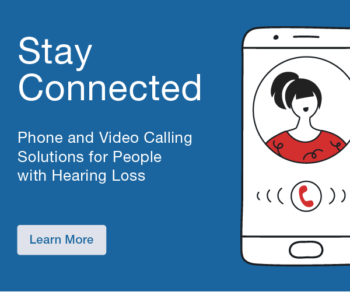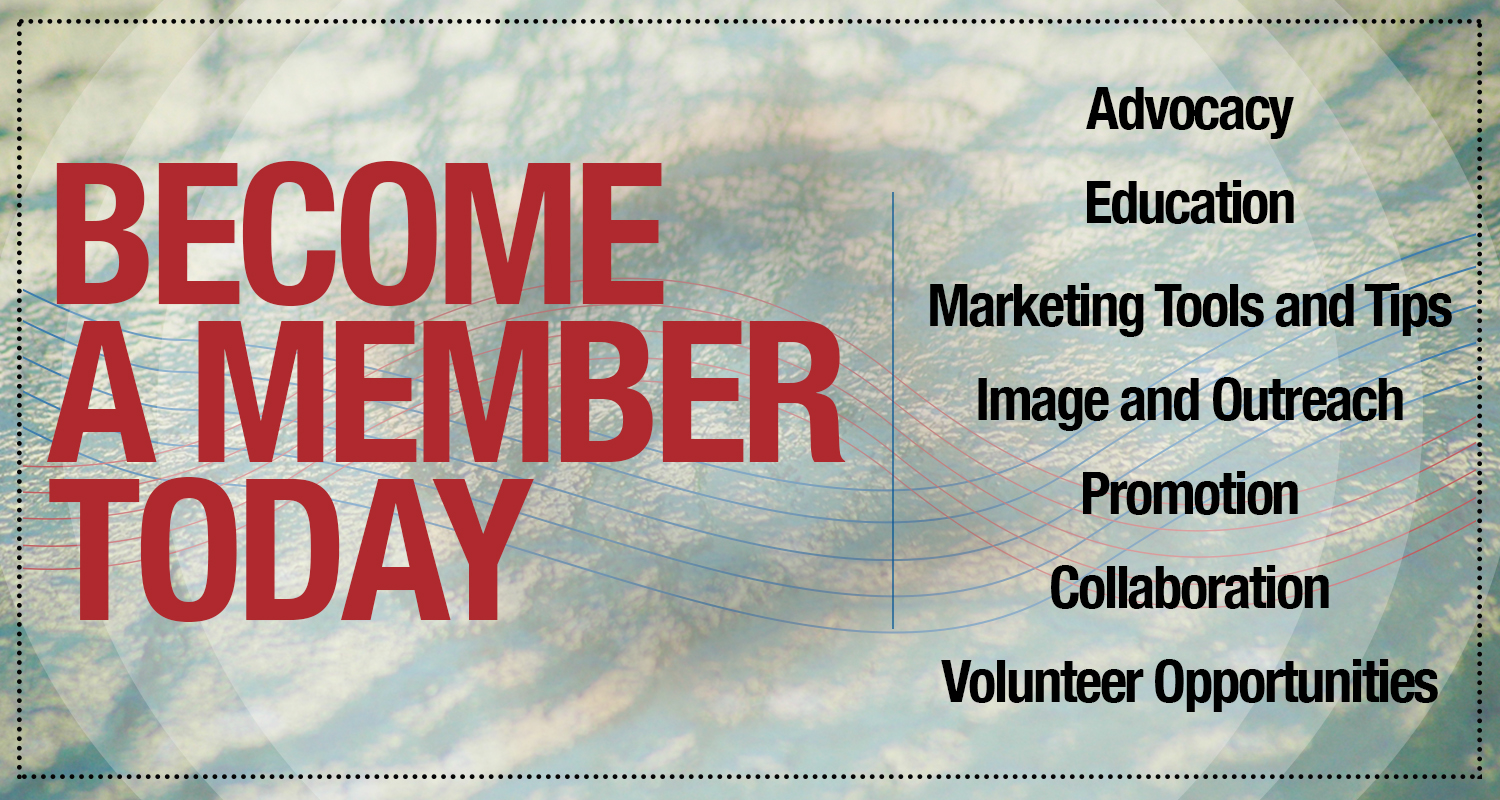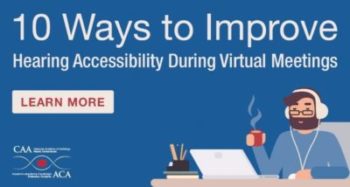Five international experts discuss The Future of Hearing Aid Technology
Aired: Saturday December 4th (11am to 1pm EST)
, CAA Members View the Recording - log in to view
Non Members Fee $75 – Register Now Non Member Students Fee $20 – Register Now
Moderator: Dr.Steve Aiken Associate Professor of Audiology, Surgery, Psychology and Neuroscience at Dalhousie University. 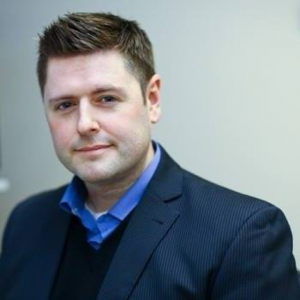
Bio: Dr. Aiken is an Associate Professor of Audiology, Surgery, Psychology and Neuroscience at Dalhousie University. He holds a master’s degree in Audiology from the University of Western Ontario and a PhD in Medical Science from the University of Toronto. Read More
Abstract: What’s next in hearing aid technology? Industry research leaders will share a look at advancements coming to hearing aids in the near future. These include new ways of personalizing hearing aids, new sensors and artificial intelligence for adapting to the listener, and better ways of connecting with and understanding clients. This session will include individual talks followed by a roundtable discussion hosted by Dr. Steve Aiken.
Learning Objectives
- Participants will be able to list at least three advancements coming to hearing aid technology
- Participants will be able to describe how sensors can be used to adapt to listener needs
- Participants will be able to describe processes that inform decision making about hearing aids
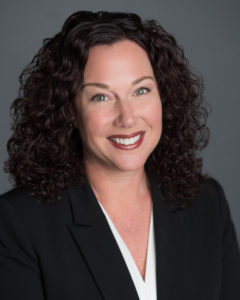 The Future of AI and the Path to Effortless Experiences —Sara Burdak, Chief Audiology Officer and Executive VP of Marketing, Starkey
The Future of AI and the Path to Effortless Experiences —Sara Burdak, Chief Audiology Officer and Executive VP of Marketing, Starkey
As audiologists, we see and hear about the stigma associated with hearing aids every day as a result of dated stereotypes and a lack of awareness by the general public about the remarkable transformations occurring in hearing technology. In our professional roles, we are so fortunate to learn about exciting hearing and health innovations that are transforming hearing aids into discrete easy-to-use devices that patients want to wear. Starkey continues to push the boundaries by focusing on building the best sounding hearing aids, tracking overall health and wellness, and incorporating AI powered algorithms. The future is all about establishing new hearing ecosystems to further enhance communication in the most challenging environments by utilizing AI, deep neural networks, and embedded sensors to deliver an effortless experience. We must think differently to not only embrace technological advancements, but also new models of care that include the rapid expansion of telehealth services and digital patient encounters. Join this thought-provoking session for a powerful message about innovations in hearing healthcare that will inspire you.
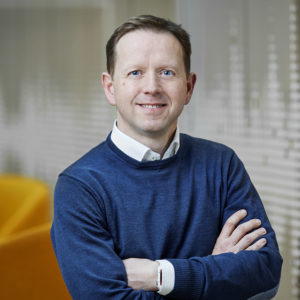 BrainHearing Technologies Expanding the Reach of the Clinic and the Patient Benefits —Thomas Behrens, Vice President, Audiology and Applied Research, Oticon A/S
BrainHearing Technologies Expanding the Reach of the Clinic and the Patient Benefits —Thomas Behrens, Vice President, Audiology and Applied Research, Oticon A/S
Emerging technologies are allowing clinicians to get a much better insight into how hearing aids are used, how much benefit they bring and optimize the fitting in many novel ways during the patient journey. Oticon is taking a research driven approach to developing these journeys. This talk will review existing evidence, a vision and some ongoing research.
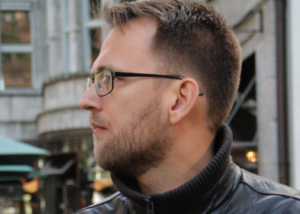 From Real-Life Hearing to Real-Life Participation —Filip Marchman Rønne, Global head of Scientific Audiology, WS Audiology
From Real-Life Hearing to Real-Life Participation —Filip Marchman Rønne, Global head of Scientific Audiology, WS Audiology
A big focus within hearing device research has been on making people hear in the real world and not just in the lab. However, to be able to listen is not the same as being able to participate. From research we know that people with hearing loss for instance struggle to time their responses even in a fairly simple one-on-one conversation. To address listening as well as participation, we believe future hearing devices needs to adapt to the intention of the user. Already now, machine learning in combination with user input is used to individualize the sound to the user’s situation-specific needs. However to supplement and improve, sensors can be implemented in hearing devices measuring responses like muscle activity, brain activity, head movements, pulse or blood pressure. From these measurement, insights on the intention of the user can potentially be derived. A recent example is ear-muscle activity (EMG) that shows that even from electrodes placed in-the-ear the direction of attention can be decoded.
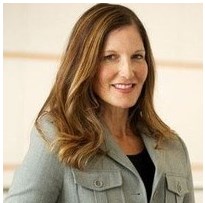 Patient Benefits of Microphone and Receiver-in-the-Ear (M&RIE) Technology —Jill Mecklenburger, Principal Audiologist, GN ReSound
Patient Benefits of Microphone and Receiver-in-the-Ear (M&RIE) Technology —Jill Mecklenburger, Principal Audiologist, GN ReSound
The future of hearing technology involves providing more ways to personalize fittings for our patients. New technology which places a microphone in the user’s ear canal allows for greater individualized fittings by utilizing each patient’s unique pinna. This presentation will examine the benefits that this technology brings to the patient, highlighting research studies which validate these results.
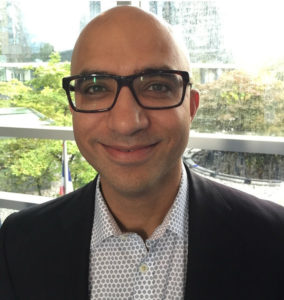 How Can Psychology Inform Outcomes in Audiology? – Gurjit Singh, Senior Research Audiologist, Phonak Canada
How Can Psychology Inform Outcomes in Audiology? – Gurjit Singh, Senior Research Audiologist, Phonak Canada
The transition from a state generally described as “normal hearing” to one described as “hard of hearing” is typically gradual. Throughout this process, decision making plays a central role in the experience of the afflicted person, whether it is the decision to wear hearing protection devices, schedule an appointment for a hearing evaluation, or the decision to include hearing instruments as a component of one’s hearing rehabilitation. This talk on “hearing technology” will focus on the person making the decision about the technology and processes that inform decision making.
BREAK
Steve Aiken presents the Richard Seewald Career Award to Dr. Jean-Pierre Gagné. Awarded to recognize a career in research, clinical practice, teaching, and/or mentoring young people. The candidate must have made significant contributions to the knowledge base, practice and/or teaching of audiology or a related field and have had a long term professional career.
Moderated Panel Discussion
Audience Questions/Wrap-Up
, CAA Members View the Recording - log in to view
Non Members Fee $75 – Register Now Non Member Students Fee $20 – Register Now

